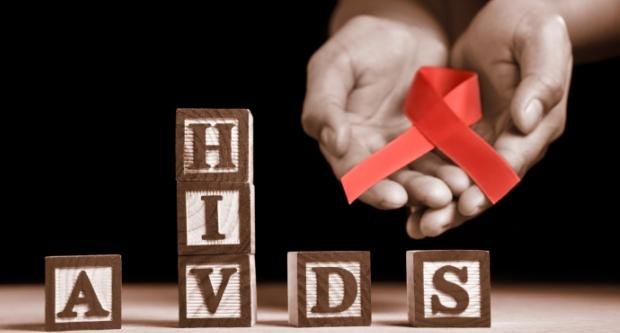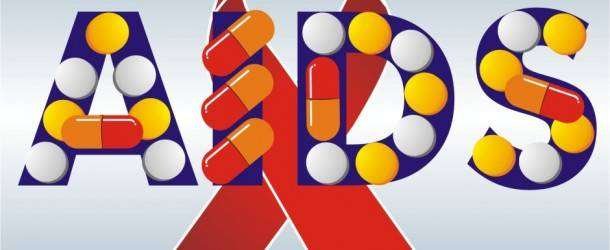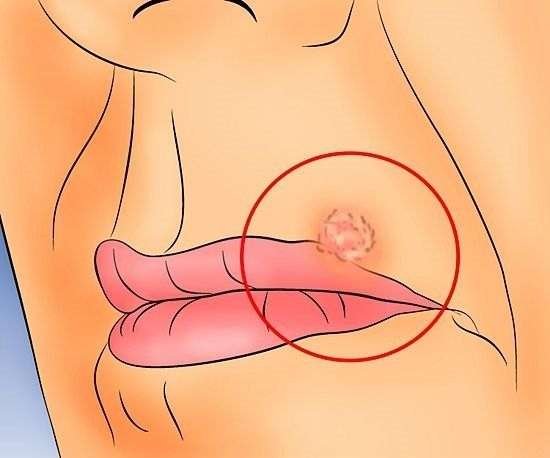Top 10 Symptoms You Need to Know About Hiv Viral
According to the Centers for Disease Control and Prevention, more than 1.2 million people in Europe are now infected with the hiv virus, live on HIV and 18 percent of them are unaware of the infection.
Let's get a brief description of this virus and about Aids disease before discussing the Hiv statement.
Hiv is a virus that destroys the human immune system. This virus destroys T cells, also called CD4, which are the cells of the immune system.
If the Hiv virus is not medically treated, the threat of progression of AIDS (acquired immunodeficiency syndrome) disease is emerging. AIDS is a very serious disease, disabling the immune system and making the body vulnerable to deadly infections such as cancer

kaynakhttps://sizdeduyun.com
How to Find Hiv?
Hiv virus most commonly, pre-seminal discharge, anal discharge, vaginal discharge, sperm and blood through the surprise.
The most common way in which the Hiv virus enters the body is sexual intercourse, injection (giving the body with a drug injector, injecting) and infusion (intravenous, subcutaneous).
Sexual transmission of Hiv virus
The HIV-infected person confronts with anal vaginal intercourse.
Survive unprotected sexually with multiple partners.
The risk of getting this virus for people who have sexual intercourse against money is very high.
Infection of Hiv virus by injection or infusion
Hiv can also be infected with syringes, needles and rinse water that are used in common with an infected person.
Hiv can also be transmitted through the use of drugs with an infected person.
Healthcare workers are also at risk of accidental illness and infection with infected needles.
Especially in underdeveloped countries, this virus spreads when the needles are collected and resold by the sellers.
Hiv infected blood transfusion, or organ and tissue transplantation, also increases the risk of HIV spread.
Once infected with Hiv, it is not possible to get rid of it.
It is impossible for AIDS patients to live a productive life, but they can survive early detection of HIV virus, proper treatment and a healthy lifestyle.
When Hiv Symptoms Start
The HIV indicator may start 2 to 6 weeks after the virus enters the body.
Here are 10 early signs of hiv virus that you should know about AIDS.
- Hiv Signs Fire
The most common primary symptom is fever between the Hiv markers.
There may be a fever between 2 and 4 errors following the entry of the virus into the body. During this period, the fire accompanies night sweats.
In a study conducted in 2005 on 62 AIDS patients, it was stated that the first HIV symptom in the 77 percent of the faults was fever.
It is a good sign to fire in the early stages of HIV because the body of fire, the immune system, is a reaction to viral infections. This proves that your immune system has not yet weakened.
- Night sweats
You know yourself well. If you are constantly sweating in the night, you do not have a situation to worry about. But if you have a blueprint that you have not been able to explain lately, it can cause you anxiety.
Hiv-induced night sweats persist. Even if you stay still, you will continue to sweat. As your clothes and sheets are soaked up, it's almost impossible to sleep at night.
In 2015, a survey of humans who have been infected with Hiv virus by unprotected anal association with multiple partners reported that the first manifestation of the disease is frequent night sweats.
Hiv is often accompanied by night sweats on his patients.

kaynakhttps://www.kadinlarkulubu.com
- Throat pain
Sore throat is one of the common manifestations of the disease at an early stage. It is highly probable that Hiv-positive patients are accompanied by this fever.
Sore throat is a sign that may occur before the fever begins.
In a study published in 2002 in the Journal of Clinical Infectious Diseases, 74 infected prostitutes were found to have severe throat pain among the first indications of HIV infection.
You may even experience pain when eating, drinking or even swallowing your saliva.
Sore throat can last for 2 weeks and this can be accompanied by mouth ulcer.
- Lymph node swelling
Immune system cells work by spreading to the body. The primary responsible for their delivery is the lymph nodes.
Lymph nodes are found under the armpit, in the groin area and in the neck.
Because the basic task of the Hiv cells is to weaken the immune system, they identify the basic immunity enhancer parts of the body and attack it first. These are the lymph nodes at the beginning.
Inflammation of the lymph node is an indication that the immune system is trying to lower the damage caused by HIV infection.
In a study of 54 AIDS patients, 30 patients were reported to have lymph node involvement at an early stage.
In this case, the lymph nodes become very sensitive and even heavy on the touch. It often appears and disappears. It is a cause of concern that your stomach continues for 2 to 4 weeks.
- Rash and Dermatitis
Acta Dermatovenerol in 2008 One of the early signs of hivin after the research done in Croatia is head and face skin rashes.
The sebaceous glands are found on the face, head, chest, upper back and pubic area. An early manifestation of Hiv is the emergence of a red, inflamed, itchy and flaking skin in and around the areas we have seen for 2 to 3 weeks or more.
In a study of patients with a mean age range of 17 to 54, it was revealed that the rash was the second most common symptom of HIV.
- Muscle pain and joint pain (artralji)
While these conditions exist along the orbit of the disease, not everyone who suffers from this condition is ill with AIDS.
According to a study published in the Journal of the American Academy of Orthopedic Surgeons in 2002, musculoskeletal disorders (those affecting muscles and bones) are the first signs of HIV infection.
Muscle and joint pain lasts between 2 and 24 hours, with moderate and severe pain in two or more joints.
In a study published in the Journal of Sexually Transmitted Diseases in 2013, the musculoskeletal symptoms of 300 patients infected with the Hiv virus were evaluated for one year.
Musculoskeletal disorders were present in 63.3 percent of these patients. Of these, 46.7 reported body pain, 26.7 percent reported joint pain, 8.3 percent reported back pain, and 6.7 percent reported osteoporosis (bone erosion).
As the disease progresses, these symptoms are also intensifying.
- Fatigue
Fatigue due to the Hiv virus is continuous and occurs without any physical strain.
In a 2006 study published in the Clinical Nursing Journal, 15 patients were diagnosed as being tired continuously in their daily lives.

kaynakwww.kadinlarkulubu.com
It is stated that tiredness is a symptom that is overlooked by AIDS patients.
Fatigue causes considerable disturbances in the daily walking, exercise, work and other activities of patients.
At the same time, according to the study published in the Journal of AIDS Care Nurses Association in 2008, it has been observed that fatigue affects mental clarity, patience and concentration.
It can also cause fatigue, depression and anxiety.
- Headache
Headache is a frequent and persistent disorder in HIV-positive patients. This pain causes the patient's quality of life to deteriorate and prevents one's daily activities.
Primer headaches (migraine, tension type headache, and pain that lasts for weeks on one side of the head) are recurrent headaches that are not associated with any underlying disease. This may be due to marks on the pain indicating the first stage of HIV.
The Hiv virus also triggers secondary headaches (sinus headache or meningitis headache). These aches await the weakening of the immune system and it occurs during this period.
- Nausea and Vomiting
According to a study published in the international AIDS magazine in 2008, the most common symptom of HIV virus is nausea and vomiting.
Because Hiv infection suppresses the immune system, bacteria, fungi and viral infections may be the first step.
Nausea is the way to let your body know that it is under attack by infections.
The feeling of nausea, vomiting and feelings that you feel recently may be indicative of the presence of any of the symptoms mentioned above.
- Diarrhea
Diarrhea is a disease of the gastrointestinal tract, caused by fungal and viral infections, such as nausea and vomiting, which are known to have the opportunity to break down the immune system of the body under HIV infection.
Severe damage to the diarrhea may affect the quality of life of the patient and its routine activities.
The items we list above are the most common ones among the hiv statements. If you have such doubts, seek help from a health facility without losing any time.